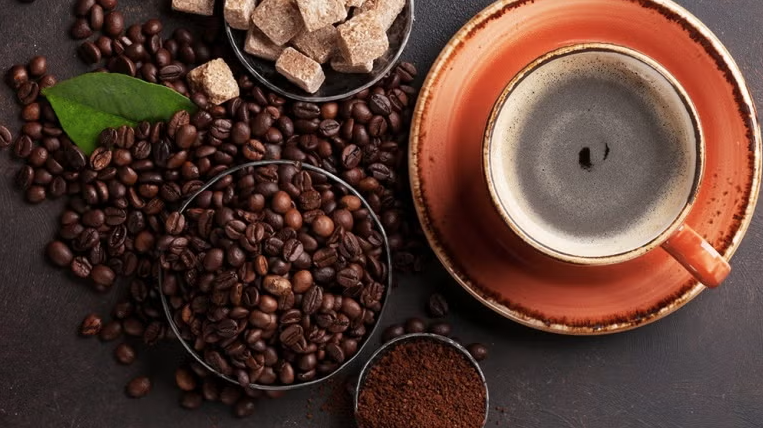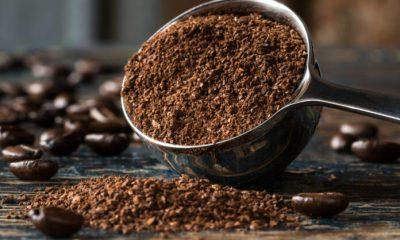Business
Coffee Prices Surge in South Africa Amid Global Supply Challenges

South Africa’s coffee enthusiasts are facing a brewing crisis as global coffee prices continue their upward trajectory. Soaring costs, driven by adverse weather conditions and persistent supply chain disruptions, are pushing coffee further out of reach for many consumers.
Global Challenges Drive Costs Higher
The heart of the problem lies in Brazil, the world’s largest coffee producer, currently struggling with prolonged dry weather that has severely impacted its coffee output. Vietnam, the second-largest producer, has also reported significant crop failures due to unfavorable weather conditions. Together, these two countries contribute over 70% of global coffee production, leaving little room for alternative supply sources.
Paul Makube, an agricultural economist at FNB, emphasized the severity of the situation:
“There’s no alternative source that can adequately fill the gap.”
Globally, coffee prices have surged by over 70% in 2024. Robusta coffee beans hit a 47-year high in August, while arabica coffee futures rose sharply to $3.18 per pound—a staggering 70% increase from last year. According to the International Coffee Organisation, this price surge is attributed to poor crop yields, supply chain bottlenecks, and rising logistics costs.
Impact on South Africa’s Coffee Market
The global coffee crisis has trickled down to South African consumers, who have seen coffee prices rise by more than 20% since January 2024. Instant coffee, a staple for many households, has been particularly hard hit. A 200g jar of Jacobs Instant Coffee, a popular choice, now costs R184.99, compared to R139.99 in 2022—a 32% increase in just two years.
Nestlé’s regional business executive officer, Carl Khoury, warns that the situation may worsen:
“Coffee prices could climb by another 30% to 40% next year due to reduced crop yields in key regions and ongoing logistical challenges.”
While South Africa is not facing an immediate coffee shortage, prolonged dry conditions in global coffee belts and elevated logistics costs mean that coffee prices will likely remain high through 2025.
Inflation data underscores the strain on consumers. While South Africa’s overall inflation eased to 2.8% in October 2024, inflation for hot beverages, primarily coffee, stood at a much higher 14.1%.
This elevated rate is a stark reminder of how coffee inflation outpaces broader food inflation and other consumer goods. Between January and October 2024, instant coffee prices increased by 17.3%, with year-on-year hikes nearing 20%.
For South Africa’s estimated 20 million daily coffee drinkers, the financial toll is significant. The average consumer, who drinks 1.7 cups of coffee per day, now spends considerably more on their caffeine habit. For instance, an instant coffee drinker consuming one 200g jar per month is now paying R540 more annually compared to two years ago.
What Lies Ahead for Coffee Enthusiasts?
Experts believe the elevated coffee prices are here to stay, at least through 2025. Wandile Sihlobo, from the Agricultural Business Chamber of South Africa, explains that any potential price correction will depend on Brazil’s ability to recover from its current production slump.
“The global coffee market is tight, and the supply chain challenges show no immediate signs of easing,” Sihlobo said.
In the absence of a significant decline in global demand, coffee prices are expected to remain high. While some consumers might reduce their coffee consumption or switch to alternative beverages, for many, coffee is an indispensable part of their daily routine—a habit that is now considerably more expensive.
South Africa’s coffee lovers are caught in a perfect storm of global production challenges, local inflation, and rising costs. With prices unlikely to ease anytime soon, consumers may need to adjust their budgets to accommodate their caffeine fix—or rethink their daily habits altogether.
Follow Joburg ETC on Facebook, Twitter , TikTok and Instagram
For more News in Johannesburg, visit joburgetc.com

















